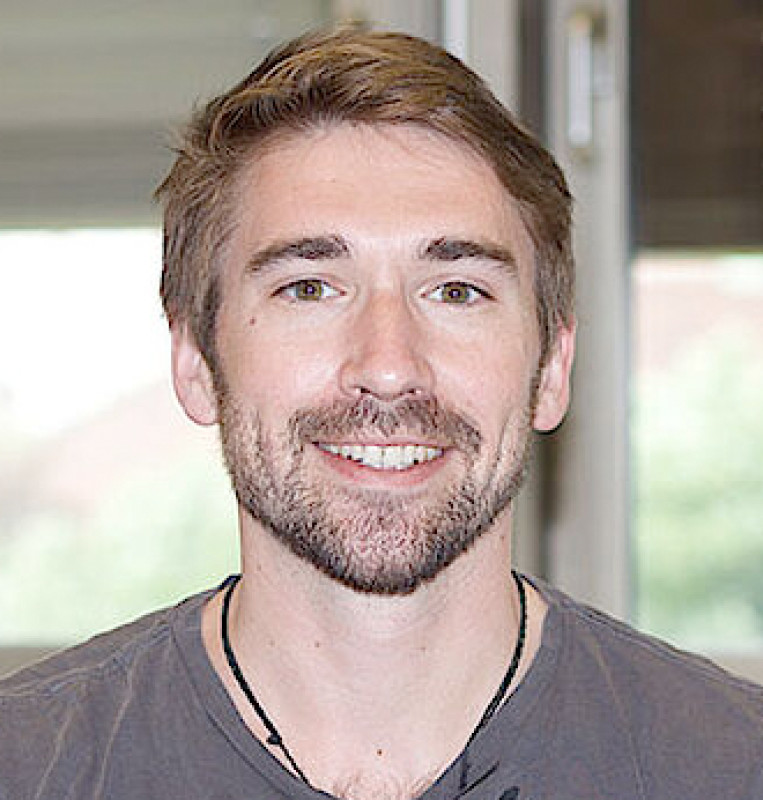KLI Colloquia are invited research talks of about an hour followed by 30 min discussion. The talks are held in English, open to the public, and offered in hybrid format.
Fall-Winter 2025-2026 KLI Colloquium Series
Join Zoom Meeting
https://us02web.zoom.us/j/5881861923?omn=85945744831
Meeting ID: 588 186 1923
25 Sept 2025 (Thurs) 3-4:30 PM CET
A Dynamic Canvas Model of Butterfly and Moth Color Patterns
Richard Gawne (Nevada State Museum)
14 Oct 2025 (Tues) 3-4:30 PM CET
Vienna, the Laboratory of Modernity
Richard Cockett (The Economist)
23 Oct 2025 (Thurs) 3-4:30 PM CET
How Darwinian is Darwinian Enough? The Case of Evolution and the Origins of Life
Ludo Schoenmakers (KLI)
6 Nov (Thurs) 3-4:30 PM CET
Common Knowledge Considered as Cause and Effect of Behavioral Modernity
Ronald Planer (University of Wollongong)
20 Nov (Thurs) 3-4:30 PM CET
Rates of Evolution, Time Scaling, and the Decoupling of Micro- and Macroevolution
Thomas Hansen (University of Oslo)
RESCHEDULED: 18 Dec (Thurs) 3-4:30 PM CET
Chance, Necessity, and the Evolution of Evolvability
Cristina Villegas (KLI)
8 Jan 2026 (Thurs) 3-4:30 PM CET
Embodied Rationality: Normative and Evolutionary Foundations
Enrico Petracca (KLI)
15 Jan 2026 (Thurs) 3-4:30 PM CET
On Experimental Models of Developmental Plasticity and Evolutionary Novelty
Patricia Beldade (Lisbon University)
29 Jan 2026 (Thurs) 3-4:30 PM CET
Jan Baedke (Ruhr University Bochum)
Event Details

Topic description/ abstract
Immediately following birth, the human body begins to be colonized by microorganisms. This colonization process eventually leads to relatively stable and personalized microbial communities referred to as the human microbiome. Especially in the gut, the establishing microbiome is in contact with the immune system as well as the enteric nervous system, and increasing evidence suggests that during the critical early life period enteric microorganisms participate in bidirectional signaling between the gastrointestinal tract (GIT) and the brain.
While dysbiosis in the gut microbiota has been associated with myriad health conditions, the ecological factors determining the assembly of the gut microbiota in neonates are not fully understood. In this seminar, I will discuss theoretical aspects of microbial community assembly, and will also present clinical data demonstrating how early microbial colonization patterns are associated with later aberrant immune function and impaired neurodevelopment.
Biographical note
Dr. Berry is full professor and heads a research group focused on the study of the human microbiota and interactions of the microbiota with its host. He has pioneered the use of novel experimental and computational tools to reveal the function of the intestinal microbiota, and has developed single cell isotope labeling techniques to identify and characterize the mucus-degrading microbiota. Dr. Berry received his PhD in Environmental Engineering from the University of Michigan and later joined the University of Vienna as Professor in the Department of Microbiology and Ecosystem Science. He now also directs the Joint Microbiome Facility of the Medical University of Vienna. Dr. Berry sustains interest in the function of the gut microbiota in health and disease and employs an ecological and evolutionary perspective as well as an organismal view by studying the physiology of key gut microbiota members.


